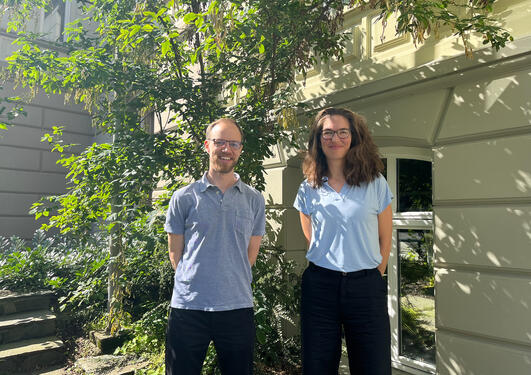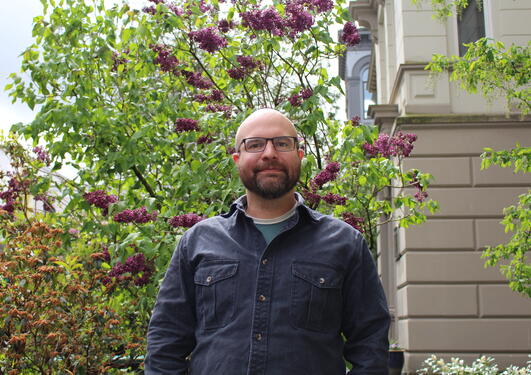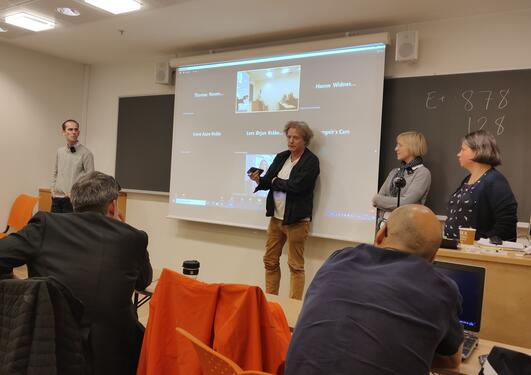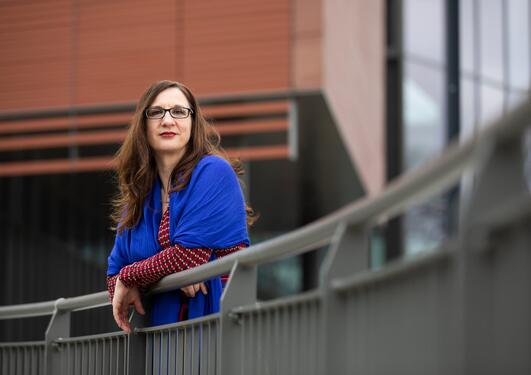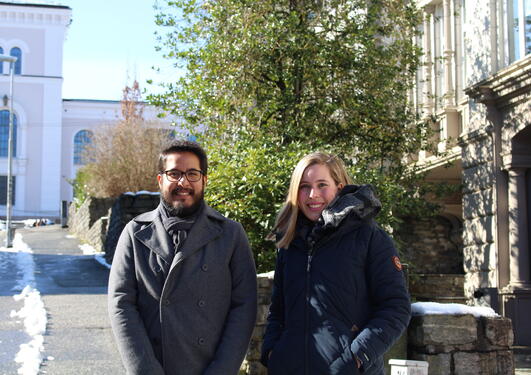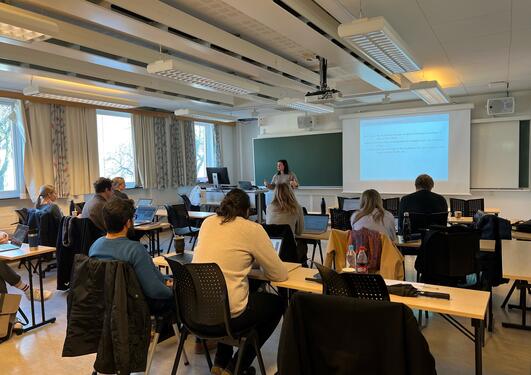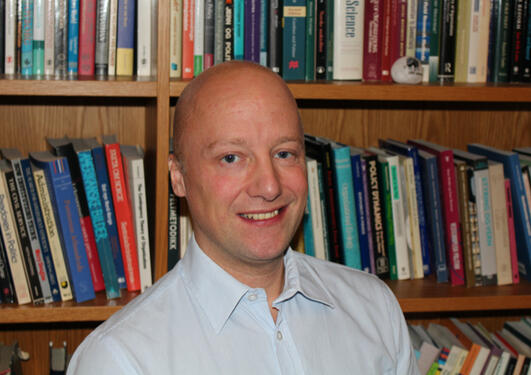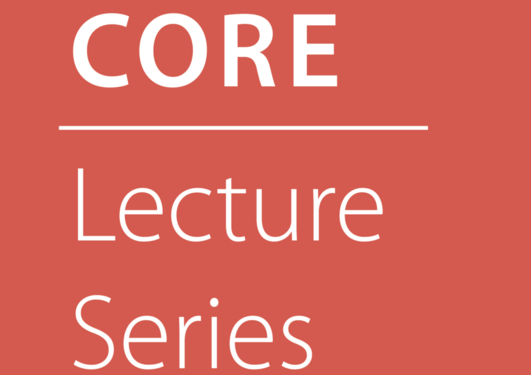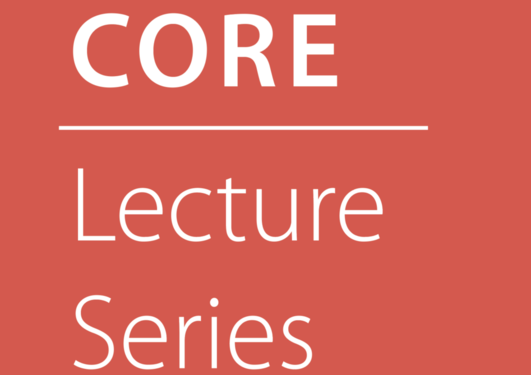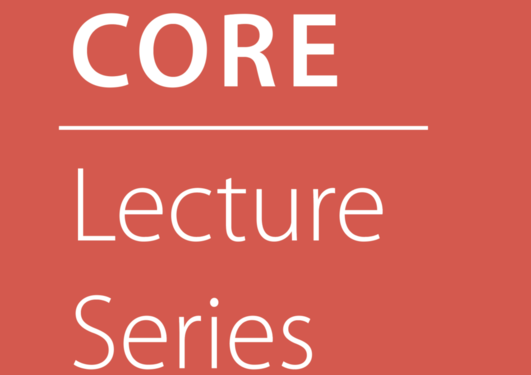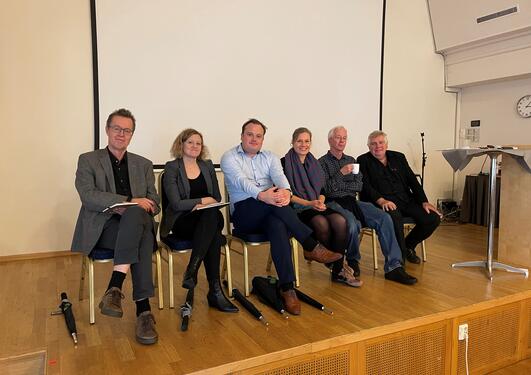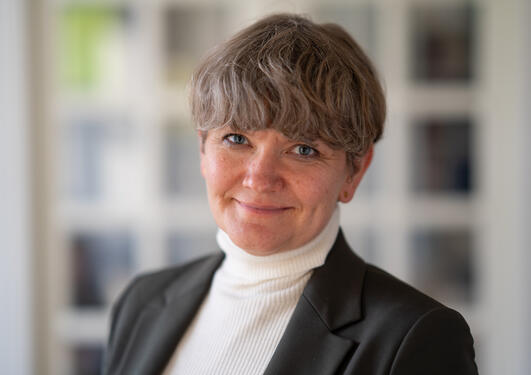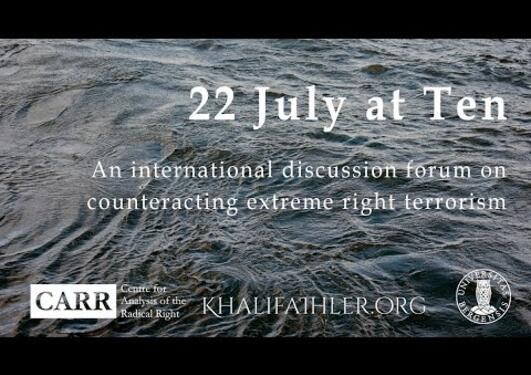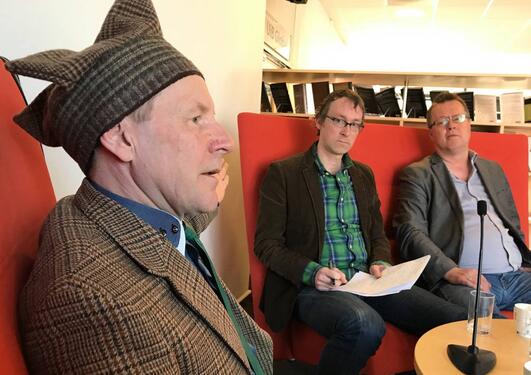News archive for Department of Comparative Politics
What challenges does the welfare state face in a post-pandemic era and how does the labor market work in developed capitalistic countries? The new course feature at the department will try to give the students the answer.
We are delighted to welcome Kyle Marquardt as our new colleague at the department
Sampol scholars explore Denmark’s Inuit territory as it grapples with the prospect of statehood
On 3 May Sampol and Admorg jointly organised the seminar "Kappe – tips, tricks and experiences" for all interested PhD candidates at SV
The next course in the series of short courses in quantitative methods that the CORE research group organises will cover various questions and specification issues in multivariate analysis of pooled and panel data.
Lena Weltrich and José Zurita-Tapia are newly appointed PhD candidates at the Department of Comparative Politics.
On March 28-29, the CORE research group at the Department of Comparative Politics organised a successful two-day course on advanced quantitative text analysis with Dr. Nicole Baerg (University of Essex and Bank of England).
The research project, LEGITIMULT, has recently received funding from Horizon Europe to investigate the measures taken during the Covid-19 pandemic in Europe. Arjan Schakel, at the Department of Comparative Politics will lead one of the work packages based on the data from his research project funded by the Trond Mohn foundation. We stopped by his office to hear some more about this new and... Read more
Wouter Veenendaal, associate professor at Leiden University, gave a short lecture on Population and Politics: The Impact of Scale. The presentation builds on Veendenaal’s book (co-authored with John Gerring, professor at the University of Texas at Austin) by the same name.
Aksel Sundström, Associate professor (docent) and senior lecturer at the University of Gothenburg, gave a short lecture on Youth without representation.
Lena Wängnerud, professor at the University of Gothenburg, gave a short lecture on Cleaners from Venus? Gender and anticorruption stereotypes across European regions
The presentation builds on a paper with colleagues Monika Bauhr og Nicholas Charron.
Bo Rothstein, professor at the University of Gothenburg, gave a short lecture on Controlling Corruption: The Social Contract Approach.
The presentation builds on Rothstein's new book by the same name.
Anne Skorkjær Binderkrantz, professor at Aarhus University, gave a short lecture on Interest groups across different political arenas: the role of group type, resources and context.
The presentation was based on work from the INTERARENA project - Interest Groups across Political Arenas, including the paper From Policy Interest to Media Appearance: Interest Group Activity and Media Bias, co-... Read more
Stein Rokkan Memorial Lecture Symposium “Stein Rokkan’s Legacy: The Past and Future of Comparative Politics” was held on Friday, October 29th. The symposium follows the 2021 Stein Rokkan memorial lecture on Thursday and commemorates the 100th birthday of Stein Rokkan The symposium re-evaluated Rokkan’s work on nation-building, citizenship, democratisation, mobilisation and comparative politics... Read more
With her ERC Consolidator Grant for the project "SUCCESS", Professor Ragnhild Muriaas will shed light on what makes women leave politics faster than men, and what makes them stay. With the project, she will launch a completely new way of understanding gender balance in politics.
What can society and global organizations do better to stop right-wing extremist radicalization and terrorist content online?
Global displacement has reached an all time high in 2021. The world has never needed the UN Refugee Convention more than in its 70th anniversary year.
How SAMPOL is on the frontier of polar political science
Pages
- 2025
- 2024
- 2023
- 2022
- 2021
- 2020
- 2019
- 2018
- 2017
- 2016
- 2015
- 2014
- 2013
- 2012
- 2011
- 2010
- 2009
